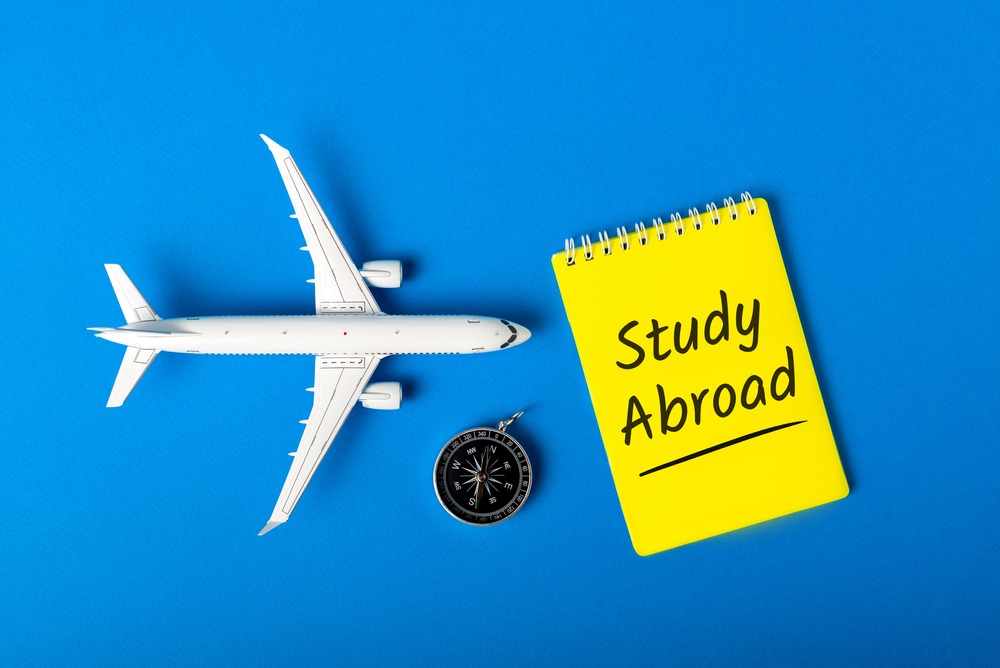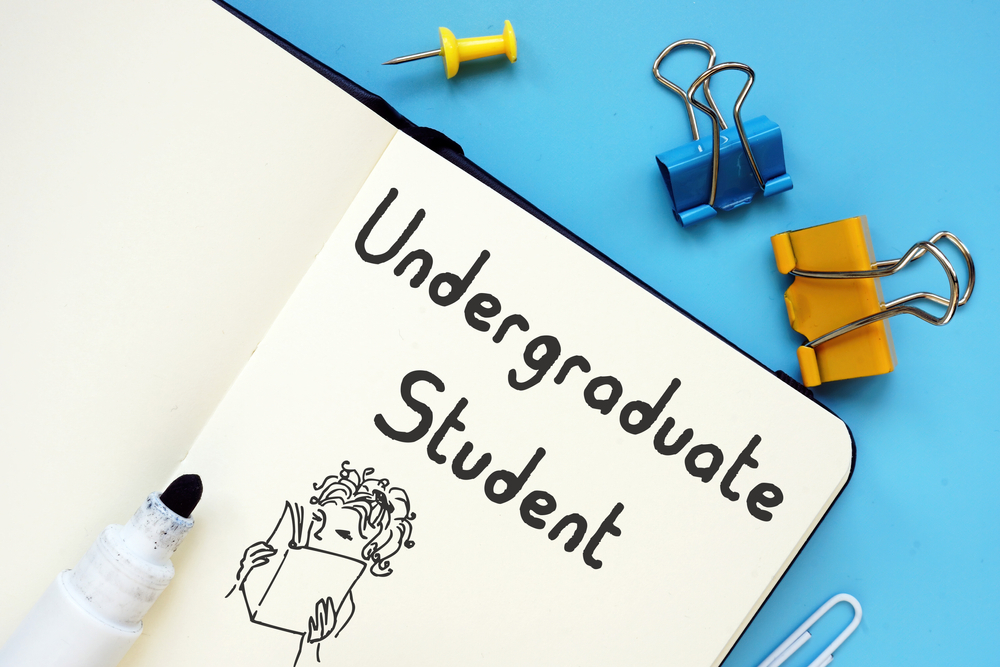Last updated on December 19th, 2024 at 06:31 am
How to Choose Right Country for Studying Abroad
Deciding where to study abroad is an exciting first step to gaining global competencies, skills, and experiences that distinguish you professionally. However, with countless destinations, selecting the perfect host country can be overwhelming.
Consider important factors like academic focus, linguistic comfort, cultural immersion opportunities, post-study work rights, lifestyle affordability, and professional edge while shortlisting viable destinations.
This blog will guide you on how to choose a study abroad destination and help you select the country and universities abroad that best align with your career goals.

7 Practical Tips for Study Abroad Experience
Drawing from the experiences of several international students, the following highlights the unique tips for studying abroad:
1. Course Selection and Scope:
When choosing a country to study abroad, the foremost consideration should be the courses available and their alignment with your career aspirations.
- Whether aiming to pursue established domains like engineering or humanities or upcoming fields like biotech, data science, sustainable energy, etc., do extensive research on leading global regions driving innovation in them.
- Each country may offer a distinct mix of programmes and specialisations. For instance, Germany is renowned for its engineering courses, while France is celebrated for its culinary arts programmes.
- Scan multiple university rankings filtered by subject strength, like QS World University Rankings by Subject, Academic Ranking of World Universities, etc., to shortlist countries and top schools relevant to your focus area.
- Connect with students and alumni from shortlisted universities to gain deeper perspectives on academics, career support services, real-world learning, etc.
2. Educational Structure and Teaching Methods:
Different countries often employ varying educational styles.
- Some prioritise hands-on experience and practical skills, while others may focus more on theoretical knowledge.
- For example, universities in the US often emphasise critical thinking and flexibility in course selection, whereas the UK education system is known for its structured and specialised approach.
3. Entry Requirements and Visa Application Process:
Each country has academic and legal prerequisites for students to study abroad.
- Research academic prerequisites, such as English proficiency scores, standardised test requirements, etc.
- Some countries require proof of native language skills for degree programmes not taught in English. Prepare for additional language tests if needed.
- Verify student visa application requirements and typical processing times per country. Some embassies have higher rejection rates or slower timelines that can impact application deadlines.
- You must have clearly stated financial evidence ready, as adequate proof of funds is essential to clear student visa interviews in most countries.
- Complete visa medical checks, submit biometrics, procure insurance coverage, etc., as per the host country embassy’s rules. Missing any documentation can negatively impact or delay your student visa application.
4. Affordability of Daily Living in Abroad
Under-budgeting the everyday costs of living abroad as a student can negatively impact academics and well-being despite sufficient education loans. Thus scrutinise:
- Estimated monthly costs for on-campus versus off-campus stays include rent, meals, transport, internet, etc. Factor gradual inflation, too.
- Part-time work hour limits allowed and average wages to supplement living costs and travelling locally.
- Student discounts across amenities like internet data plans, public transport, and insurance offerings that promote savings during degree tenure overseas.
Consider other expenses like health insurance, travel, and personal expenditures. Remember to explore scholarship opportunities and financial aid options available in different countries.
5. Cultural Adaptability and Social Integration:
Adapting to a new culture and integrating into a different social environment are critical aspects of studying abroad.
- Countries differ significantly in cultural norms, social values, and lifestyle.
- Assessing your readiness to adapt to these differences and the potential cultural shock is essential.
- Consider how welcoming the country is to international students and the opportunities to engage with local and international communities.
6. Lifestyle and Day-to-Day Living:
The day-to-day lifestyle in your chosen country can significantly impact your overall experience.
- This includes practical aspects like the local cuisine, public transportation, and living arrangements.
- Countries vary in their pace of life, social norms, and even weather conditions, which can also affect your daily routine and comfort.
7. Emergency Support and Personal Safety:
Personal safety and the availability of support in emergencies are critical.
- Check national safety indexes and crime rates against international students in shortlisted destinations. Avoid regions reporting higher incidents of targeted crime recently.
- Evaluate access to emergency health services via university health insurance plans.
- Look for dedicated teams trained to assist international students, like visa advisors, immigration lawyers, mental health counselors, peer mentors, etc. Additional support services like Career Launcher also provide reliable global study abroad mentoring. This expertise is invaluable during emergencies.
- Scan for emergency hotlines, security patrol procedures, safe transport services, and other quick response protocols adopted by universities to facilitate urgent help and report incidents safely.
- Attend mandatory orientation programmes upon arrival covering cyber safety practices, emergency reporting processes, laws, and cultural sensitivities, equipping you suitably.
Global Networking and Career Impact
When you study abroad, you gain academic knowledge and immerse yourself in diverse cultural and professional backgrounds. Hence, you should critically evaluate the scope for cultural immersion through:
- Part-time internships are allowed in companies, community service networks, industry mentors, and alumni offering professional networking channels.
- Go for independent travel around the country during academic breaks to immerse in local lifestyle, cuisine, festivals, and attractions alongside diverse student groups.
Studying in the US might offer unparalleled connections in the tech industry, while a country like Japan, known for its advancements in robotics and technology, can provide insights into cutting-edge research and development.
Final Thoughts
Selecting an optimal study abroad destination requires extensive research on academic specialities, career outcomes, affordability factors, lifestyle considerations, and the depth of cultural integration possible. Remember that overseas education builds global competencies, perspectives, and networks valued lifelong across industries. Hence, invest time reflecting on specific skills sought, go through the tips for studying abroad and growth areas targeted to choose suitable countries and schools accordingly.

Shaifali Bhardwaj
Content Writer
About Author
A people- and story-person, Shaifali enjoys crafting narratives inspired by the life of people she meets. She likes to read autobiographies and fiction, indulge in some YRF drama, and even spin stories inspired by everyday objects (like her work desk). Stories being her oxygen, she began her career with HT Media, where she wrote health and entertainment news stories, and later started helping students write and edit essential application documents like statements of purpose. This fulfilled her desire to uncover unique stories and articulate them in the most compelling manner, while forming lasting bonds with her students. Presently with Career Launcher Study Abroad, she’s expanding her skills in website content and copywriting to advance in her field. On weekends, you may find her at a dance workshop or requesting weekday leaves for trekking adventures.


